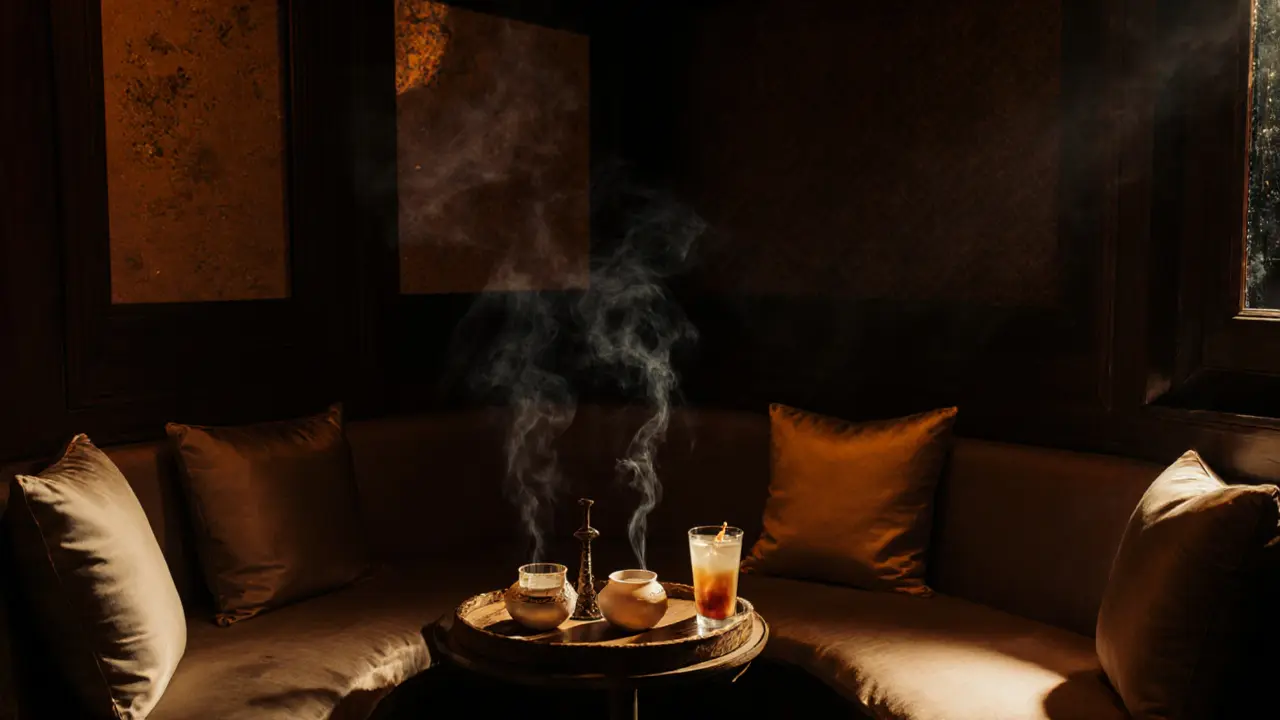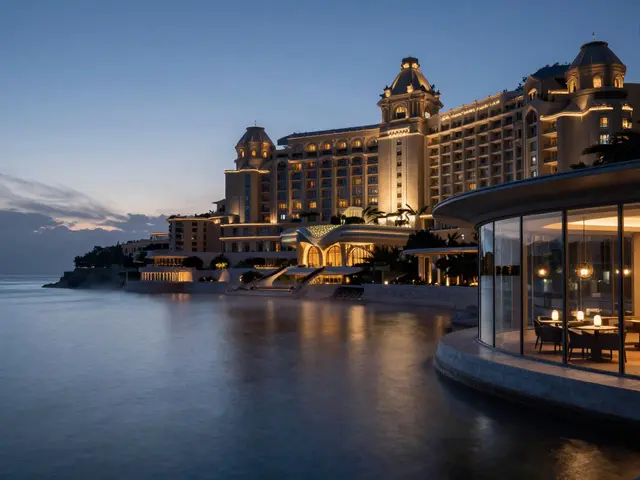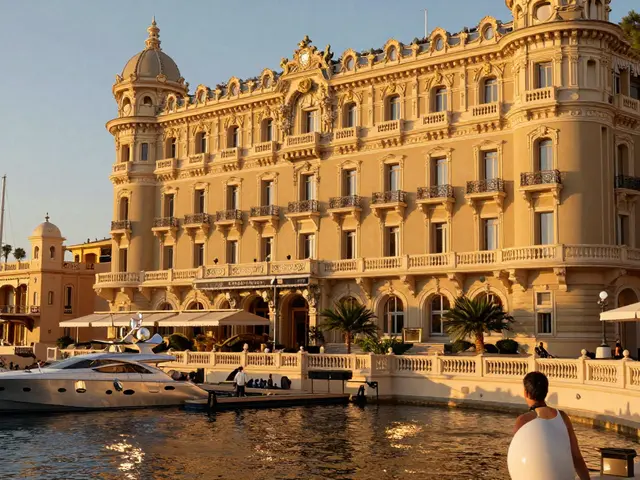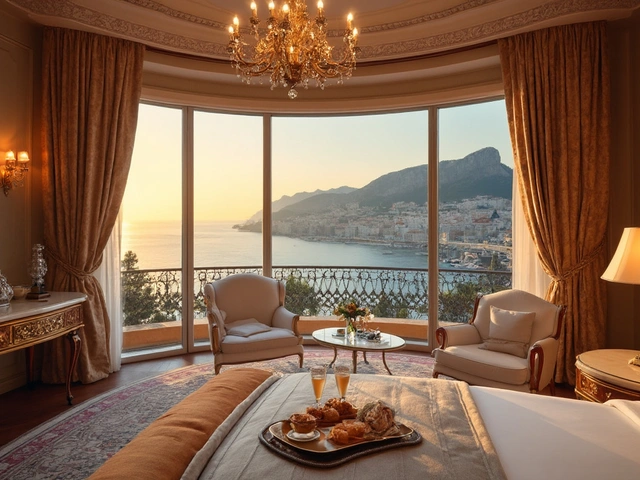There’s a place in Paris where the air smells like sandalwood and incense, where the bassline hums low enough to feel in your chest, and where time doesn’t tick-it drifts. This isn’t a nightclub. It’s not a café. It’s Buddha Bar. Opened in 1999 by restaurateur Raymond Visan, it didn’t just open a venue. It opened a mood. A sonic sanctuary. A quiet rebellion against the noise of modern life.
What Makes Buddha Bar Different?
Most bars play music to fill silence. Buddha Bar plays music to dissolve it. The sound isn’t background noise-it’s the main event. Think sitars layered over slow hip-hop beats. Tibetan bowls blending with jazz trumpet. Eastern melodies wrapped in downtempo grooves. It’s not easy to describe. That’s the point.
People come here for the drinks-sake cocktails, yuzu spritzes, exotic teas-but they stay for the atmosphere. The lighting is dim, the furniture low, the seating arranged in private nooks. No one shouts. No one rushes. You don’t come here to be seen. You come to disappear-for an hour, for the night, for a moment.
The playlist? Curated by DJ and producer Frank Popp, who built the Buddha Bar sound from scratch. He didn’t just pick songs. He built bridges between cultures. A Thai folk tune might lead into a Moroccan Gnawa rhythm, then slide into a slowed-down version of a 90s R&B classic. It’s not random. It’s ritual.
The Buddha Bar Sound: A Global Mixtape
The music of Buddha Bar isn’t just ambient. It’s intentional. It’s designed to slow your heartbeat, not speed it up. The first compilation album, released in 2000, sold over 1.5 million copies worldwide. That’s rare for a lounge compilation. Why? Because it didn’t sound like anything else.
It mixed traditional instruments-duduk, erhu, tabla-with electronic textures and deep basslines. No vocals. No drops. No beats per minute that make you want to dance. Just a steady, hypnotic pulse that pulls you inward. It’s music for people who need to breathe again.
Artists like Khaled, Natacha Atlas, and Ravi Shankar appear on these compilations-not as stars, but as voices in a larger conversation. The sound is global, but it’s not touristy. It doesn’t exoticize. It honors. Each track feels like a whispered secret from a place you’ve never been but somehow remember.
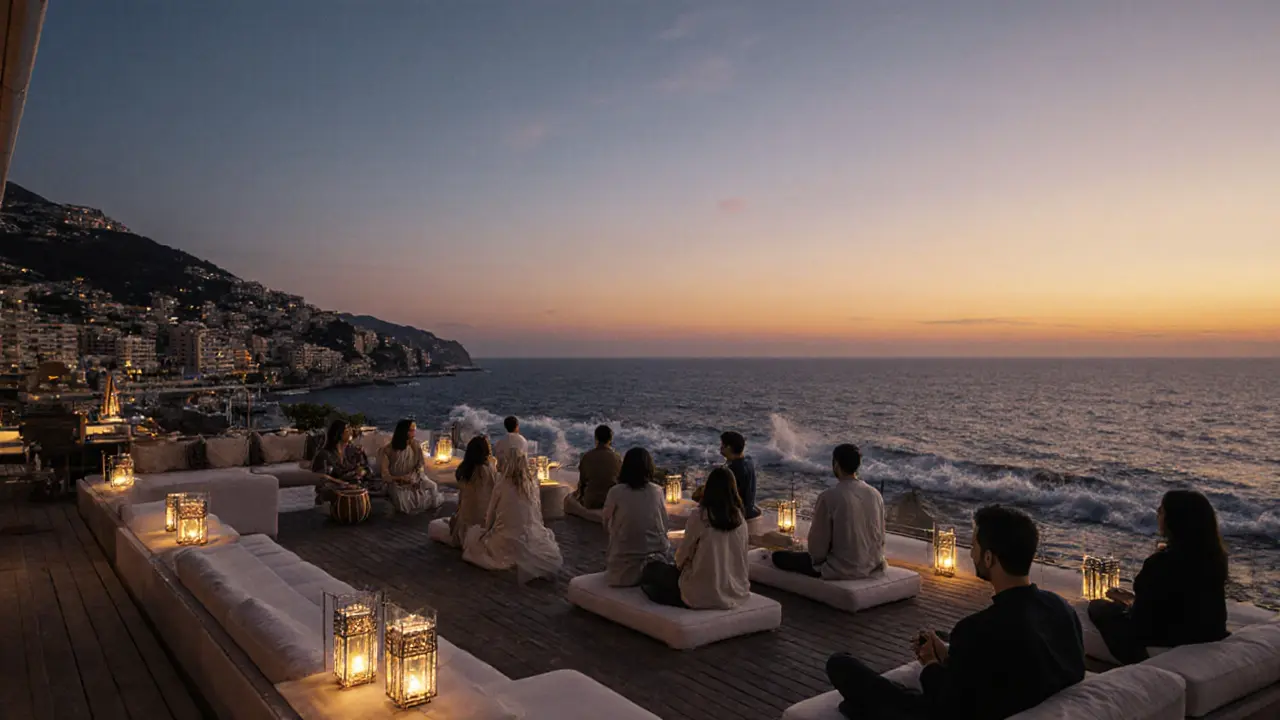
From Paris to Monaco: The Expansion
Paris was the birthplace. But the vibe didn’t stay confined. By 2007, Buddha Bar opened its first international outpost-in Monaco. Not in a flashy part of town, but tucked away near the port, where the sea meets the cliffs. The Monaco location kept the same low-lit booths, the same incense, the same music. But it added something new: the Mediterranean breeze.
On summer nights, the doors open to the terrace. The music blends with the sound of waves. The cocktails get lighter. The crowd shifts-from corporate types in suits to artists in linen, from Japanese tourists to French locals who’ve been coming since the beginning. It’s the same soul, just dressed in salt air.
Unlike other luxury lounges in Monaco, Buddha Bar doesn’t chase celebrity sightings. No velvet ropes. No bottle service theatrics. You won’t find paparazzi here. The privacy isn’t enforced-it’s earned by the space itself.
Why It Still Matters in 2025
In a world of TikTok beats and algorithm-driven playlists, Buddha Bar feels like a quiet act of resistance. It doesn’t trend. It doesn’t need to. It’s been around for over 25 years. And it still draws people who are tired of being entertained.
Younger generations are discovering it-not because it’s Instagrammable, but because it’s restorative. Gen Z and millennials are seeking out spaces that don’t demand energy. They want places where silence is respected, where music doesn’t shout, and where you can sit alone without feeling lonely.
It’s no accident that Buddha Bar’s compilations are still used in spas, yoga studios, and meditation apps. The sound is scientifically calming. Studies from the University of Geneva in 2023 found that slow-tempo music with non-Western instrumentation reduces cortisol levels by up to 27% in just 15 minutes. Buddha Bar’s playlist? That’s the blueprint.
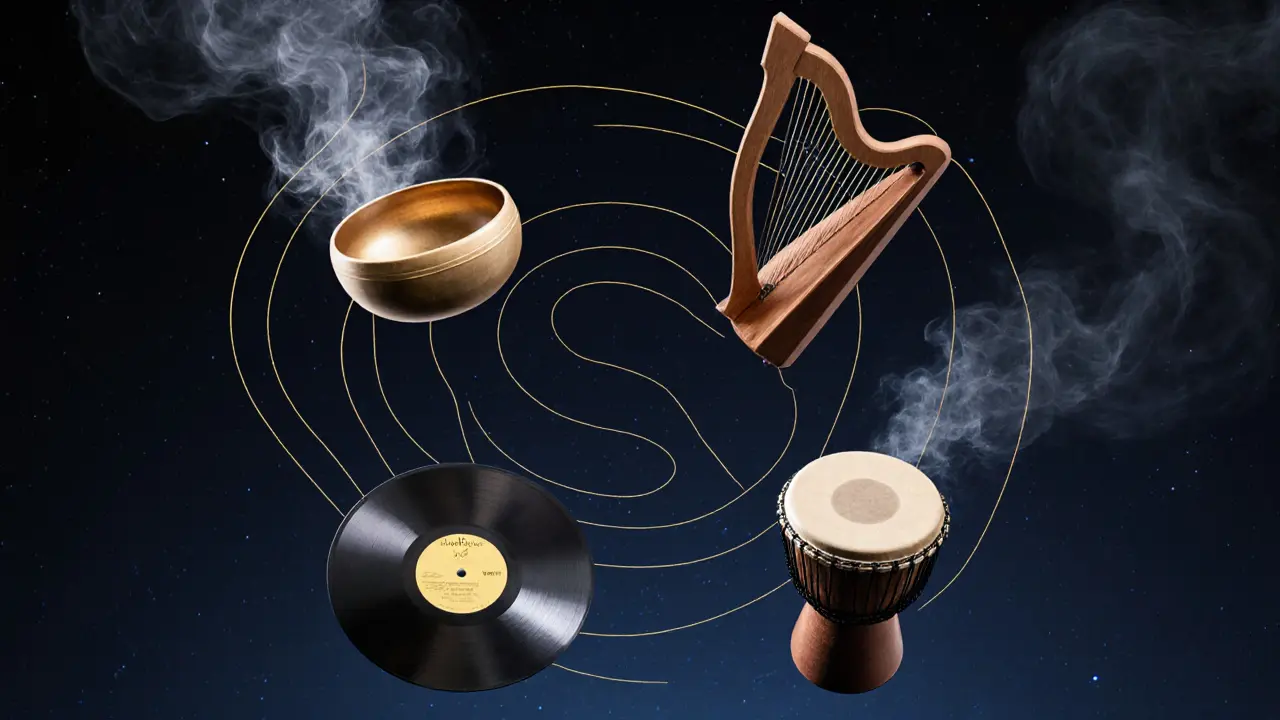
What to Expect When You Go
If you’ve never been, here’s what actually happens:
- You walk in. The door closes behind you. The noise of the city fades.
- You’re greeted not with a menu, but with a scent-jasmine, cedar, vanilla.
- You’re offered a seat. Not a table. A seat. Low. Soft. Private.
- You order a drink. The bartender doesn’t rush. He asks what mood you’re in.
- You sit. You listen. You forget your phone is in your pocket.
- Time passes. You don’t notice.
- You leave. Quietly. And you feel different.
No fireworks. No dancers. No flashing lights. Just music, stillness, and the space between thoughts.
The Mystery Isn’t in the Name
Some think the name “Buddha Bar” is about religion. It’s not. It’s about presence. The Buddha didn’t preach silence-he taught awareness. Buddha Bar doesn’t preach anything. It simply creates room for it.
The mystery isn’t in the decor or the exotic instruments. It’s in the way you leave feeling lighter than when you came. No one explains it. No one tries to. That’s why it lasts.
It’s not a bar. It’s a pause. A breath. A moment where the world slows down, just enough, so you can remember how to be still.
Is Buddha Bar only in Paris and Monaco?
No. While the original is in Paris and the most famous international location is in Monaco, Buddha Bar has had outposts in Dubai, Moscow, Buenos Aires, and Tokyo over the years. Some have closed, others still operate under the same philosophy. The core sound and atmosphere remain consistent wherever it appears.
Do you need to dress up to go to Buddha Bar in Monaco?
Smart casual is the rule-no flip-flops, no athletic wear. But you won’t see tuxedos or gowns. The dress code is about respect, not status. Linen shirts, tailored pants, simple dresses. The focus is on comfort and calm, not show.
Can you visit Buddha Bar during the day?
Yes. While the full experience-dim lights, music, cocktails-is after sunset, many locations, including Monaco, offer afternoon tea and light bites from 3 PM to 6 PM. It’s a quieter, sunlit version of the same vibe-perfect for reading or thinking.
Is the music at Buddha Bar available to stream?
Yes. The Buddha Bar compilation series is available on Spotify, Apple Music, and YouTube. There are over 15 volumes, each curated differently. The original 2000 release remains the most popular, but newer volumes include more contemporary global artists and subtle electronic influences.
Why is Buddha Bar so expensive?
It’s not expensive because of the drinks-it’s expensive because of the experience. A cocktail costs around €20-€25, which is high for a bar but normal for Monaco. The value isn’t in the alcohol. It’s in the atmosphere, the music, the silence, and the feeling of being truly unplugged. You’re paying for a reset, not a drink.
If you’ve ever felt overwhelmed by the noise of life-by constant alerts, by the pressure to perform, by the rush-you might not need a vacation. You might just need an hour at Buddha Bar.

